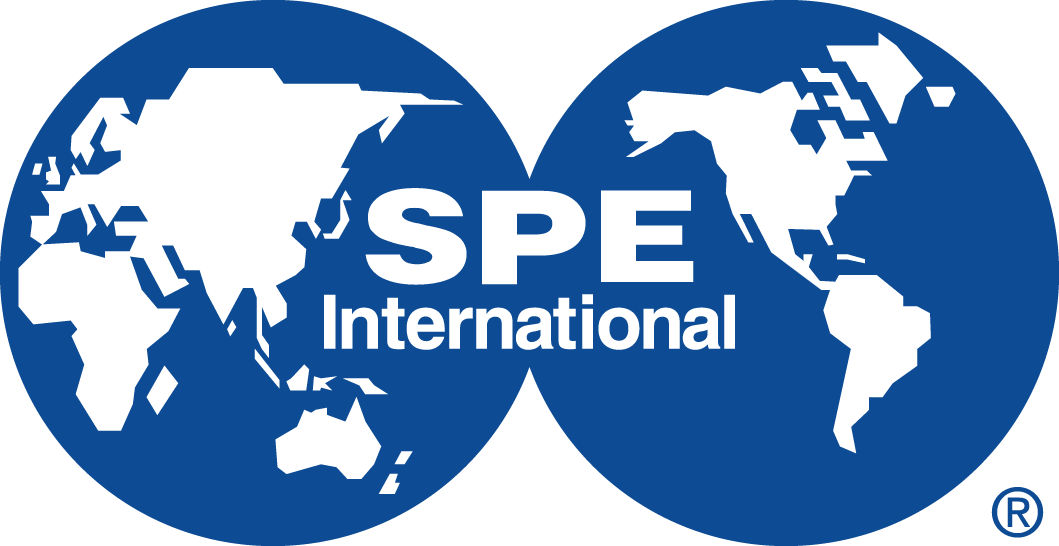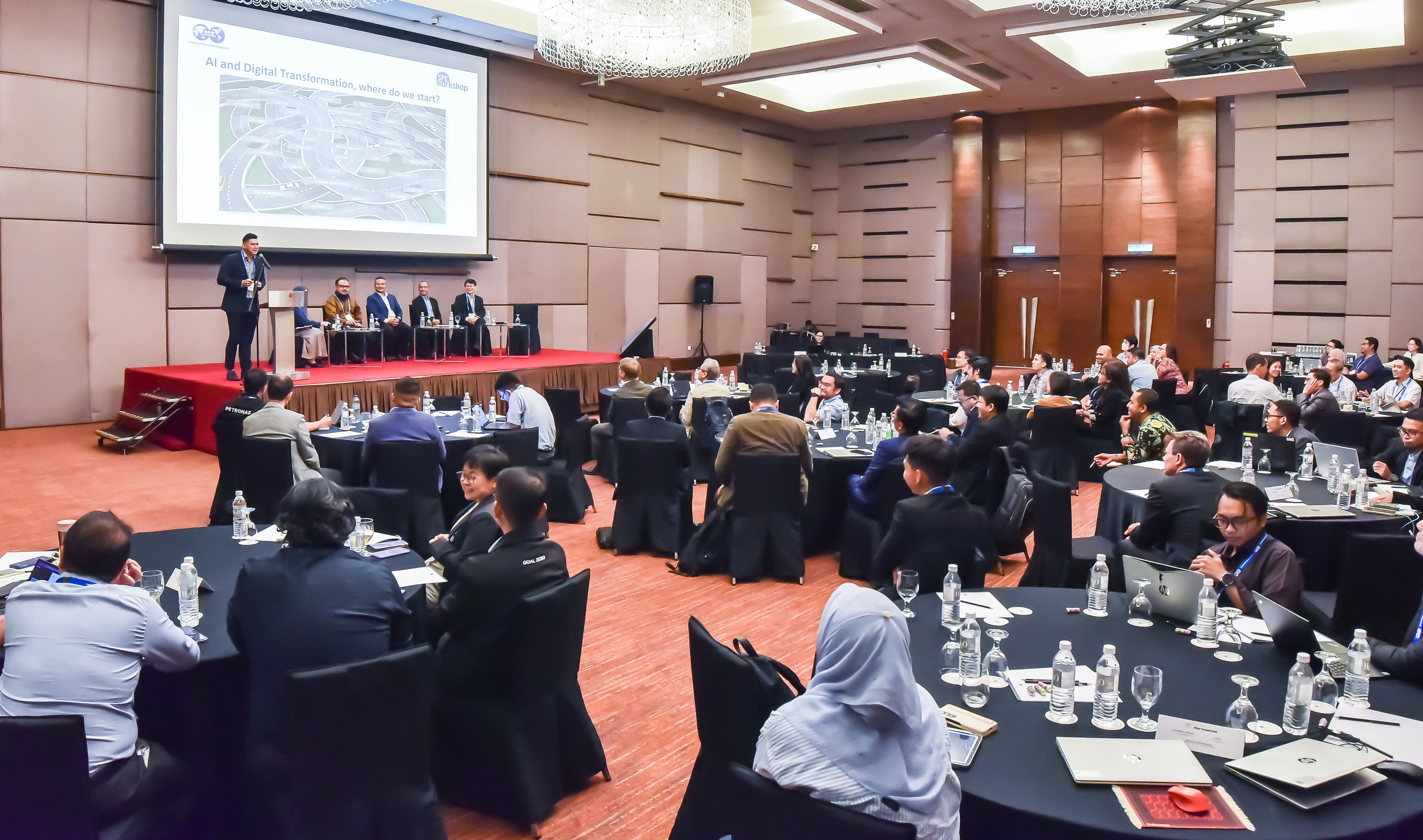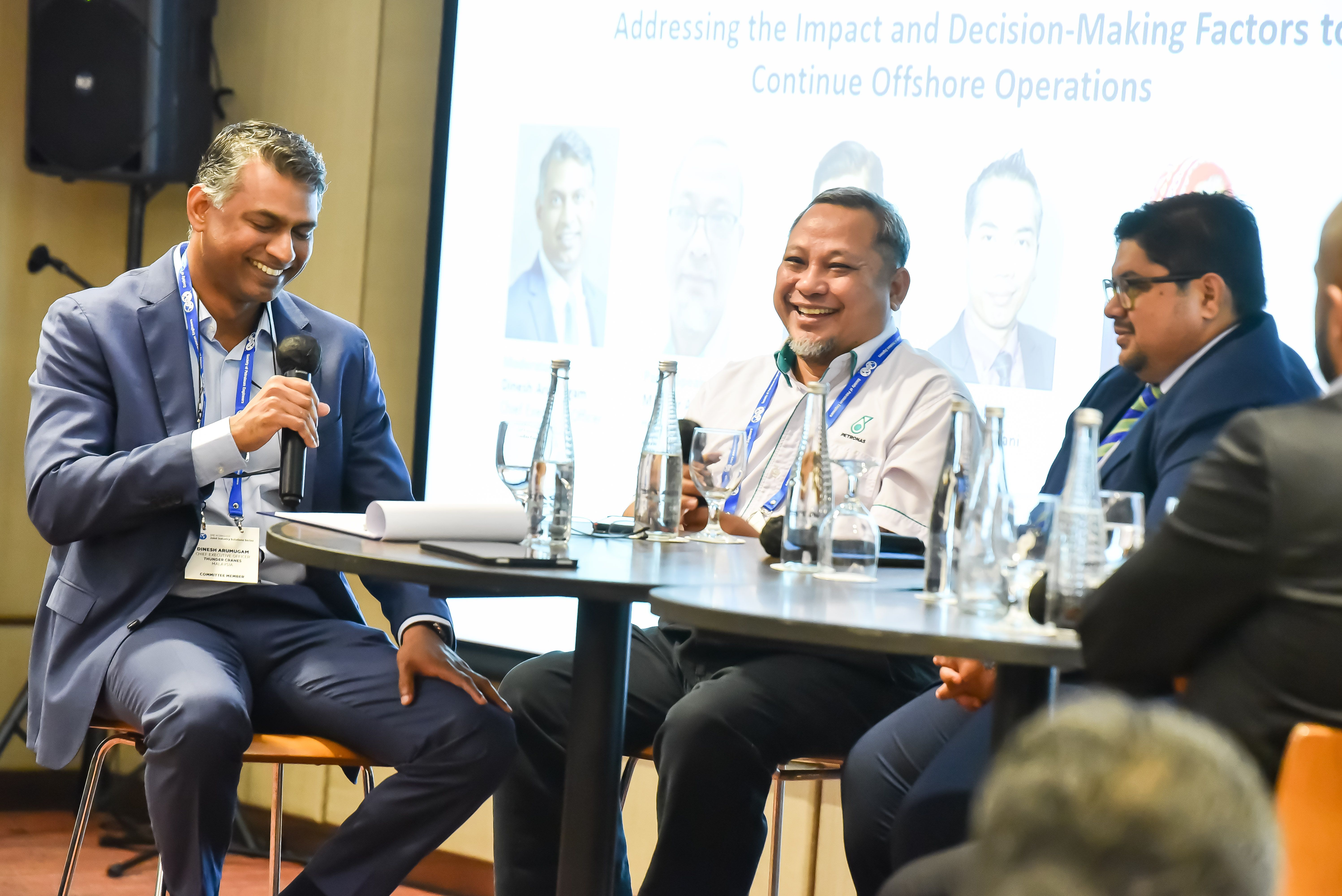The management of well integrity and unhealthy wells oftentimes has been considered as secondary priority over activities that contribute to oil gain.
There have been numerous cases of loss of primary containment (LOPC) incidents globally and the industry has not seen the trend improving significantly. Preventive and reactive well integrity activities are complex multidisciplinary challenging efforts that require many stakeholders interface, phases of applications, and diligent planning throughout the various phases of field cycle. To ensure well integrity is upheld throughout all phases, it is customary to implement proactive monitoring and maintenance programmes and periodic barrier verification activities. This is paramount to strike a balance between ensuring continuous operations and managing safety issues which may eventually escalate to more catastrophic events.
Well Integrity, Well Intervention and Workover approaches and technologies have evolved significantly over time, from simple equipment to more advanced tools that address a wide range of well problems. Operators and service providers are willing to invest in technologies which provide a high return of investment with proven efficiency. Particularly, technologies such as wireline milling, through tubing gravel pack, advanced water/gas shut off tools, micro-coil are becoming popular as they are simpler and affordable compared to conventional methods. Taking advantage of digitilisation to actively monitor and manage well integrity may lead to lower unplanned scheduled deferment through pro-active well integrity invention.
.



